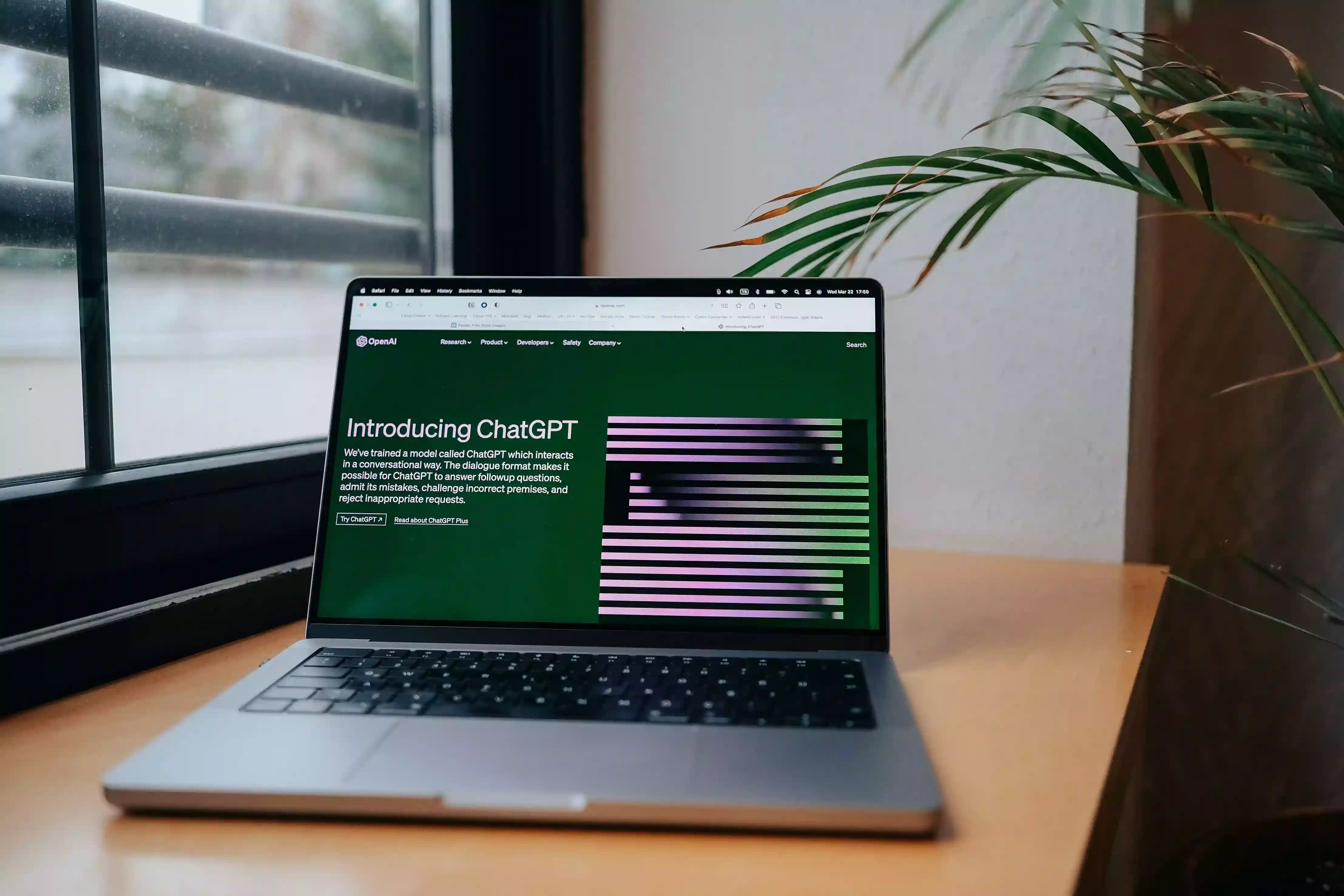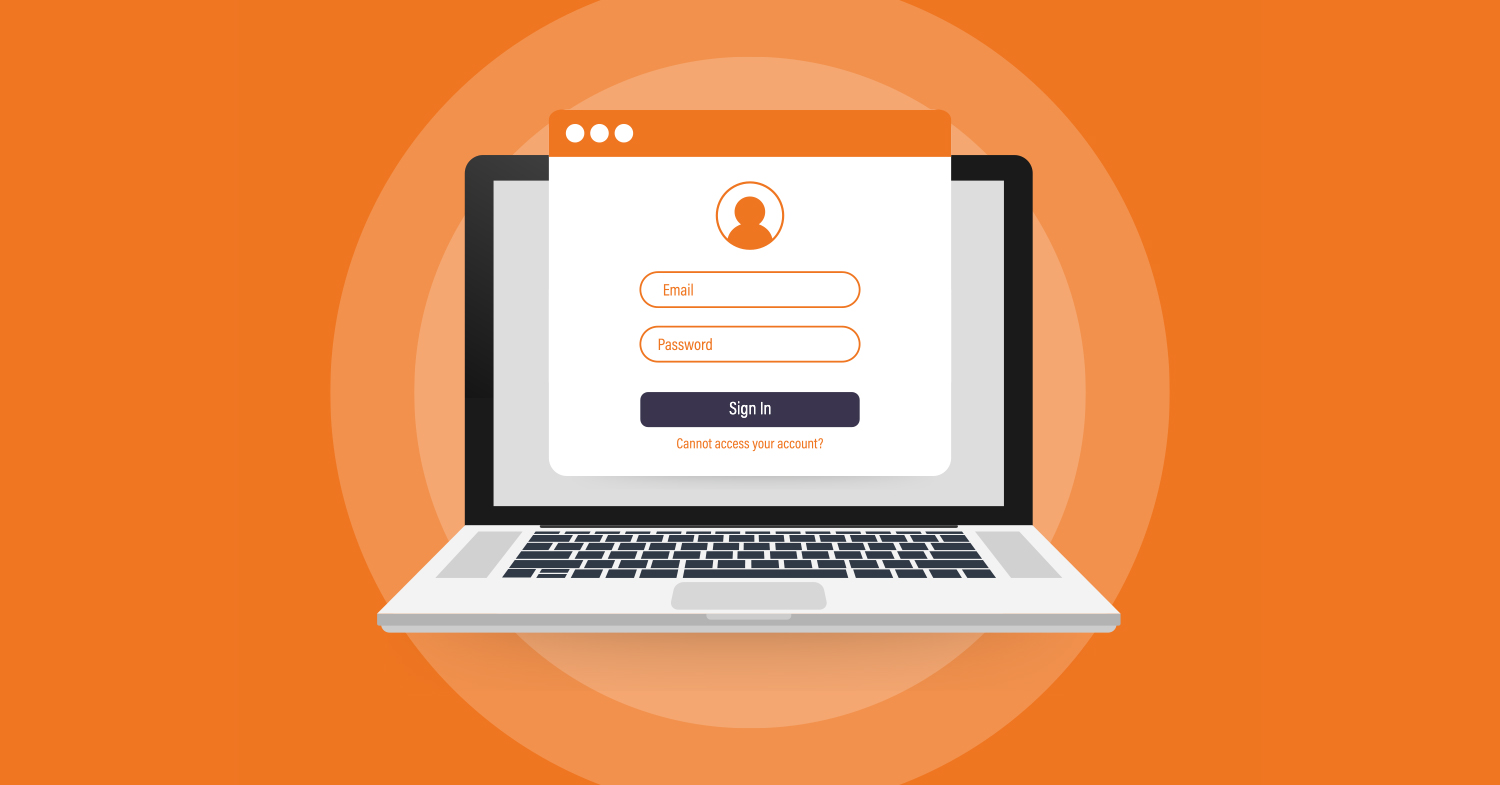The Future of Outbound Lead Generation: Trends and Predictions
The Future of Outbound Lead Generation: Trends and Predictions
Outbound lead generation is an essential aspect of sales and marketing. It involves identifying and reaching out to potential customers who have not expressed an interest in your product or service. In recent years, outbound lead generation has undergone significant changes, thanks to the advent of new technologies and the shifting preferences of consumers. In this article, we'll explore the future of outbound lead generation, including the latest trends and predictions for the industry.
What Is Outbound Lead Generation?

Outbound lead generation is a proactive approach to acquiring potential customers by reaching out to them directly. Unlike inbound lead generation, which focuses on attracting customers through content marketing and organic channels, outbound lead generation services involve actively initiating contact with prospects. This can be done through methods such as cold calling, email outreach, direct mail campaigns, and targeted advertising.
One of the primary goals of outbound lead generation services is to identify and engage with individuals or businesses who may have a need for the products or services offered by a company. Outbound strategies allow businesses to reach a specific target audience and present their offerings directly, increasing the chances of generating leads and conversions.
Outbound lead generation services often require careful planning and research to ensure that the messaging and targeting are relevant and effective. By utilizing data and market research, businesses can identify ideal customer profiles and develop tailored messaging that resonates with their target audience. This personalization is key to capturing the attention and interest of potential customers.
While outbound lead generation services can be more time-consuming and resource-intensive compared to inbound methods, it offers businesses the advantage of directly connecting with potential customers. It provides opportunities to engage in personalized conversations, address specific pain points, and establish relationships early on. When executed strategically, outbound lead generation strategies can be a valuable component of a comprehensive marketing and sales strategy, helping businesses expand their customer base and drive growth.
The Current State of Outbound Lead Generation
The landscape of outbound lead generation strategies has evolved significantly in recent years, influenced by changing consumer behaviors, advancements in technology, and shifts in marketing strategies. Understanding the current state of outbound lead generation strategies is crucial for businesses to adapt and optimize their efforts effectively.
One notable trend in outbound lead generation strategies is the increasing emphasis on personalization and relevance. With customers becoming more discerning and demanding, generic, mass outreach approaches are less effective. Today, a successful outbound lead generation process focuses on tailoring messages to address specific pain points, utilizing customer data and segmentation to deliver personalized experiences that resonate with prospects.
Technology plays a pivotal role in the current state of the outbound lead generation process. Automation tools, customer relationship management (CRM) systems, and data analytics have transformed the way businesses approach outbound strategies. These tools enable efficient lead tracking, streamlined communication, and data-driven decision-making, empowering businesses to optimize their outreach efforts, measure performance, and make data-backed improvements.
The Impact of Artificial Intelligence (AI) on Outbound Lead Generation

Artificial Intelligence (AI) has revolutionized various aspects of business, and the outbound lead generation process is no exception. AI technology has a profound impact on streamlining and optimizing lead generation processes, empowering businesses to achieve better results. By leveraging AI, businesses can automate and enhance various stages of the outbound lead generation process, ultimately improving efficiency, accuracy, and overall effectiveness.
One of the significant impacts of AI on outbound lead generation companies is the ability to analyze and process vast amounts of data quickly. AI-powered algorithms can sift through extensive datasets, including customer profiles, behavior patterns, and market trends, to identify potential leads with precision. By automating data analysis, AI eliminates manual tasks and provides businesses with valuable insights that inform their outbound lead generation strategies.
AI also plays a crucial role in lead scoring and prioritization. By applying machine learning algorithms, AI can assess and rank leads based on various factors such as their likelihood to convert, their fit with the target audience, and their level of engagement. This automated lead-scoring process allows sales teams to focus their efforts on the most promising leads, maximizing their productivity and improving conversion rates.
Additionally, AI enables businesses to personalize and optimize their outbound lead generation efforts. By analyzing customer data and behavior, AI algorithms can deliver personalized messaging tailored to each lead's specific needs and preferences. This level of customization enhances the customer experience, increases engagement, and improves the chances of converting leads into customers. AI can also continuously learn and adapt based on the responses and feedback received, allowing for ongoing optimization and refinement of outbound lead generation strategies.
Personalization and Customization in Outbound Lead Generation
Personalization and customization have become essential elements in outbound lead generation strategies. Today's customers expect tailored experiences that resonate with their unique needs and preferences. By incorporating personalization and customization into outbound lead generation, businesses can create meaningful connections with their prospects, increase engagement, and improve conversion rates.
Personalization in outbound lead generation involves leveraging customer data and insights to deliver targeted and relevant messaging. By segmenting leads based on demographics, interests, or past interactions, businesses can craft personalized communication that speaks directly to the individual's needs. This approach fosters a sense of being understood and valued, which enhances the likelihood of building trust and establishing a meaningful relationship with potential customers.
Customization takes personalization a step further by tailoring the outbound lead generation process to each prospect's specific requirements. It involves adapting the approach, messaging, and offer type based on the prospect's unique circumstances. By understanding the prospect's pain points, challenges, and goals, businesses can position their products or services as tailored solutions that address their specific needs. This level of customization demonstrates a deep understanding of the prospect's situation and increases the chances of generating a positive response.
The Role of Social Media in Outbound Lead Generation
.webp?width=700&height=467&name=social%20per%20(1).webp)
Social media has become an indispensable tool in outbound lead-generation strategies for businesses. With its extensive reach and ability to target specific demographics, social media platforms offer unparalleled opportunities to connect with potential customers and generate leads. By leveraging the power of social media, businesses can amplify their brand presence, engage with prospects, and drive conversions.
One of the key roles of social media in outbound lead generation is creating brand awareness. Through consistent and strategic content sharing, businesses can showcase their expertise, products, and services to a wider audience. By establishing a strong brand presence on social media platforms, businesses can attract the attention of potential leads and build credibility, making it more likely for prospects to engage with the brand.
Social media platforms also provide valuable engagement opportunities, enabling businesses to interact directly with their target audience. Through social media listening and proactive engagement, businesses can identify and engage with potential leads, answer questions, address concerns, and build relationships. This two-way communication fosters more trust, increases brand visibility, and positions businesses as reliable and responsive industry leaders.
In addition to brand awareness and engagement, social media platforms offer effective lead-generation tools such as lead-capture forms, call-to-action buttons, and lead-generation ads. These features enable businesses to collect valuable prospect information directly from social media channels, streamlining the lead-generation process. By optimizing these tools and implementing targeted campaigns, businesses can effectively generate high-quality leads and drive conversions.
The Rise of Video in Outbound Lead Generation
Video has emerged as a powerful medium in outbound lead generation, transforming the way businesses communicate with prospects and capture their attention. With the widespread availability of video platforms and the growing popularity of video content, businesses can leverage the unique advantages of video to engage, educate, and convert leads effectively.
One of the key benefits of video in outbound lead generation is its ability to convey information in a concise and engaging format. Videos can deliver messages more effectively than text-based content, capturing viewers' attention and communicating complex ideas in a visually compelling manner. This increased engagement enhances the likelihood of prospects staying engaged with the content and taking the desired action, ultimately generating more leads.
Video content also allows businesses to showcase their products or services in action, demonstrating value and building trust. Whether through product demonstrations, customer testimonials, or explainer videos, businesses can leverage the power of visuals and storytelling to create an emotional connection with prospects. This connection fosters trust and increases the likelihood of prospects becoming leads, as they can see firsthand the benefits and value offered by the business.
Furthermore, the rise of social media platforms and video-sharing platforms has made it easier than ever to distribute video content to a wide audience. With features such as live streaming, stories, and native video uploads, businesses can leverage these platforms to reach and engage with potential leads effectively. By incorporating video into outbound lead generation strategies, businesses can tap into the power of visual storytelling and connect with prospects on a deeper level.
The Importance of Data Privacy and Compliance in Outbound Lead Generation

In the era of digital marketing and outbound lead generation, the importance of data privacy and compliance cannot be overstated. As businesses strive to expand their customer base and generate leads, it is crucial to prioritize the protection of personal information and adhere to relevant privacy regulations. By establishing robust data privacy practices and maintaining compliance, businesses can build trust with their prospects, enhance their reputation, and mitigate legal and reputational risks.
Data privacy regulations, such as the General Data Protection Regulation (GDPR) and the California Consumer Privacy Act (CCPA), have placed stringent requirements on how businesses collect, store, and process personal data. It is imperative for businesses engaged in outbound lead generation to obtain explicit consent from individuals before collecting their data and ensure that proper data protection measures are in place. By demonstrating a commitment to data privacy and compliance, businesses can instill confidence in their prospects, fostering a positive brand image.
Compliance with data privacy regulations not only safeguards individuals' personal information but also benefits businesses themselves. Non-compliance can result in severe consequences, including hefty fines and damage to the company's reputation. Moreover, with increasing public awareness and concerns about data privacy, consumers are more likely to engage with businesses that prioritize their privacy rights. By respecting individuals' privacy and complying with regulations, businesses can differentiate themselves from competitors and attract prospects who value their privacy.
To ensure data privacy and compliance in outbound lead generation, businesses should implement robust security measures, conduct regular audits, and provide clear privacy policies and consent mechanisms. It is essential to educate employees about data privacy best practices and designate a data protection officer or team to oversee compliance efforts. By taking a proactive approach to data privacy and compliance, businesses can build strong relationships with prospects based on trust, setting the foundation for successful lead-generation campaigns.
The Future of Outbound Lead Generation: Trends and Predictions
Outbound lead generation continues to evolve as businesses adapt to changing consumer behaviors and technological advancements. Understanding the future trends and predictions in outbound lead generation is crucial for businesses to stay ahead of the curve and maximize their lead generation efforts. Let's explore some key trends shaping the future of outbound lead generation.
Personalization will play a vital role in the future of outbound lead generation. As consumers increasingly expect tailored experiences, businesses will need to deliver personalized messages and personalized offers to capture their attention. By leveraging data analytics and customer segmentation, businesses can create targeted campaigns that resonate with specific audience segments, increasing the chances of lead conversion.
Automation and artificial intelligence (AI) will continue to revolutionize outbound lead generation. AI-powered tools can analyze vast amounts of data, identify patterns, and automate various lead-generation activities, such as prospecting, email outreach, and lead scoring. By leveraging AI, businesses can streamline their lead generation processes, save time and resources, and focus on high-value activities that require human expertise.
Another trend in outbound lead generation is the integration of multiple channels and touchpoints. Businesses are increasingly adopting omnichannel strategies, utilizing a combination of email, social media, content marketing, and targeted advertising to engage prospects at different stages of the customer journey. By creating a seamless and consistent experience across channels, businesses can effectively nurture leads and drive conversions.
Conclusion
Outbound lead generation is a proactive approach that allows businesses to reach out directly to potential customers. It involves strategies such as cold calling, email outreach, direct mail campaigns, and targeted advertising to engage with prospects and generate leads. While outbound lead generation requires careful planning and research, it offers the advantage of direct connection and personalized conversations with potential customers.



